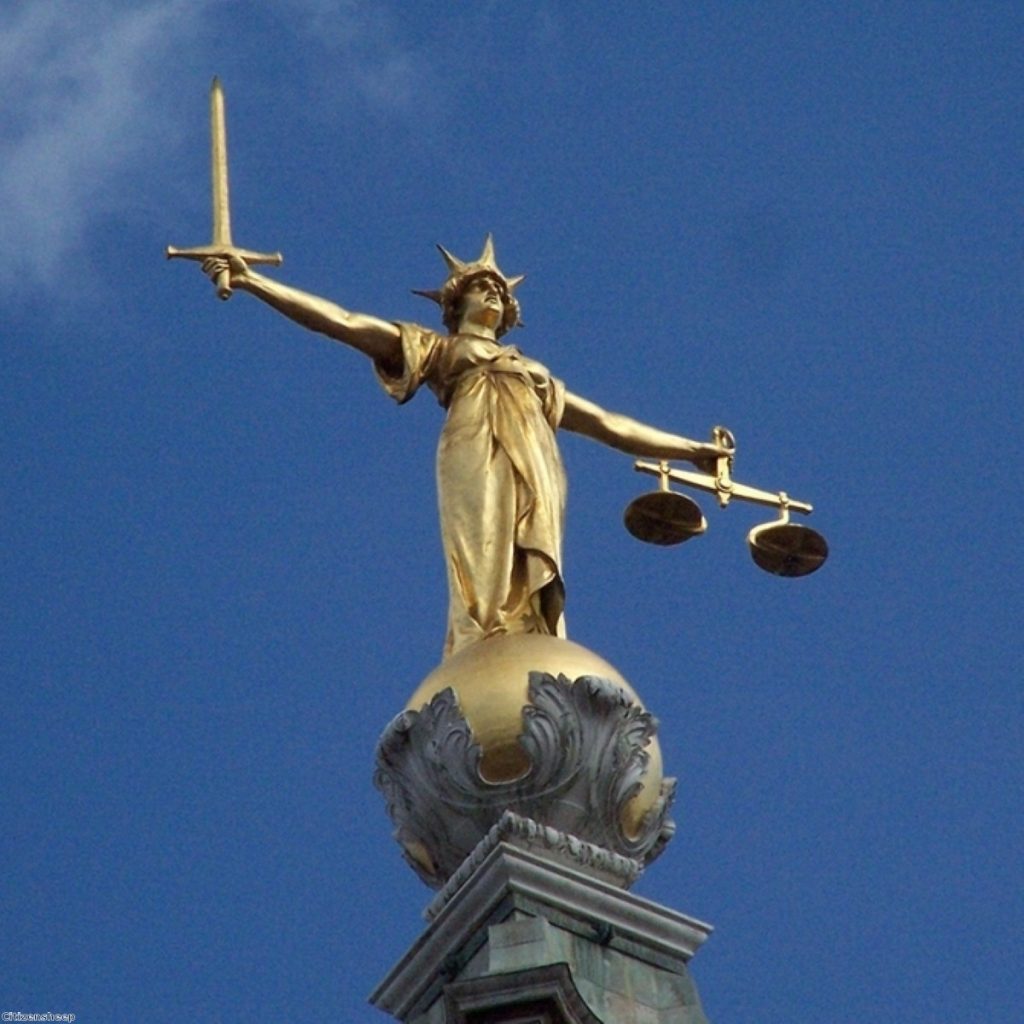The week in politics: Crime and punishment
After last week's violence and disorder, this has been the week when retribution took centre stage.
By Alex Stevenson Follow @alex__stevenson
Public anger has been the dominant theme of the week. It's pushed magistrates and judges to impose some pretty harsh sentences against convicted rioters. Even someone who handled stolen goods (a looted pair of shorts, in fact) but wasn't even involved in the actual rioting got six months.
It's triggered a debate about the rights and wrongs of handing down stiff sentences as a deterrent. This isn't just about prison, either: Wandsworth council defended its decision to issue an eviction notice against a tenant whose son is accused of involvement in the riots. And then there was work and pensions secretary Iain Duncan Smith's announcement on Monday that his department was investigating the feasibility of stripping convicted rioters of their benefits. He might just, perhaps, have been motivated by the fact the e-petition calling for just that policy has now got over 200,000 signatures.


The Liberal Democrats have argued their corner, but you get the sense the Conservatives need little encouragement in backing the crackdown. The leaders have been trying to move the debate on to bigger issues – David Cameron launched a sweeping review of government policy on Monday which sets the stage for the country's "moral collapse" to be a key theme of the coming party conference season. Ed Miliband said the move was a "gimmick". Despite the PM's calls for a bout of national soul-searching, all we've really ended up with has been a week of vengeance-seeking.
We couldn't have a week without a big phone-hacking story breaking, and ended up getting two on Tuesday. First came news that James Murdoch is likely to be recalled by MPs to address inconsistencies in his evidence. And then, in a real hammer blow for News International, came the publication of a letter from former royal correspondent Clive Goodman which cast all kinds of doubt on claims that only he and investigator Glenn Mulcaire knew about the practise. Tom Watson gleefully told the Guardian: "This is one of the largest cover-ups I have seen in my lifetime."
This is a slow-burning summer of scandal, a time when the twin behemoth stories of phone-hacking and the riots fallout dominate headlines. The shaky economy, which saw UK unemployment rise again, is even slower burning, of course, but still managed to attract real concern. There isn't much hope for future generations, either, as the despair prevalent in yesterday's A-level results coverage showed.
The only area where there might be some signs of improvement is that of foreign policy. Libyan rebels are finally making some progress against Muammar Gaddafi, while the diplomatic battle against Syria got a lot easier after the US finally called for president Bashar al-Assad to "step aside".
But it was not all good news from abroad, however. The British Council's headquarters in Kabul came under attack at the end of the week, while international development secretary Andrew Mitchell warned that as many as 400,000 children could face starvation in the Horn of Africa. Puts the riots into perspective, doesn't it?









